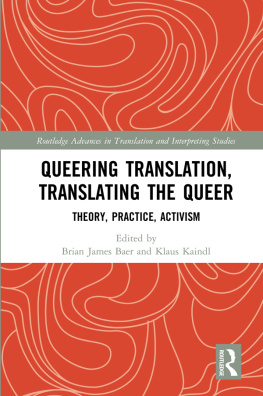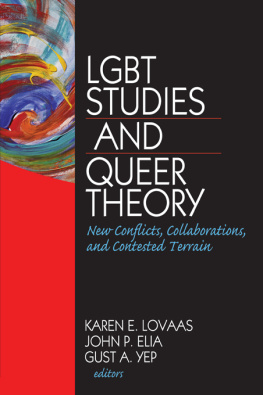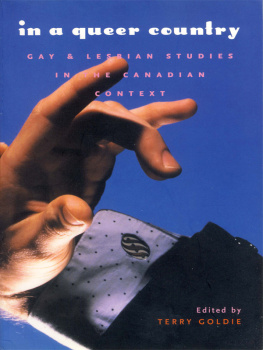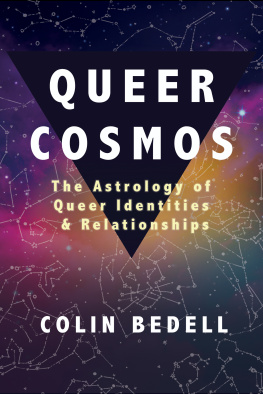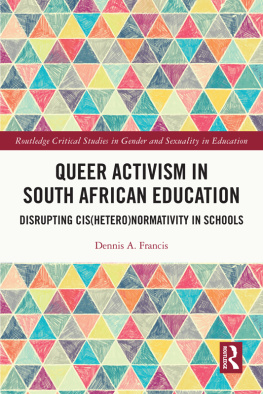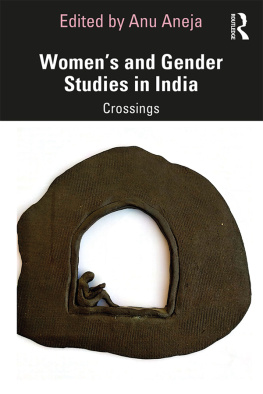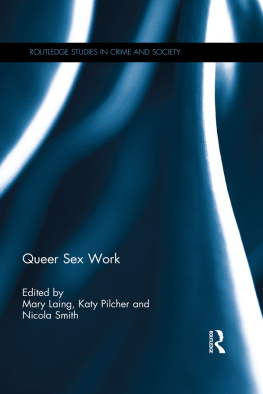Queering Translation, Translating the Queer
This groundbreaking work is one of the first book-length publications to critically engage in the emerging field of research on the queer aspects of translation and interpreting studies. The volume presents a variety of theoretical and disciplinary perspectives through fourteen contributions from both established and up-and-coming scholars in the field to demonstrate the interconnectedness between translation and queer aspects of sex, gender, and identity. The book begins with the editors introduction on the state of the field, providing an overview of both current and developing lines of research, and builds on this foundation to look at this research more closely, grouped around three different sections: Queer Theorizing of Translation, Case Studies of Queer Translations and Translators, and Queer Activism and Translation. This interdisciplinary approach seeks not only to shed light on this promising field of research but also to promote cross-fertilization between these disciplines toward further exploring the intersections between queer studies and translation studies, making this volume key reading for students and scholars interested in translation studies, queer studies, politics, activism, and gender and sexuality studies.
Brian James Baer is Professor of Russian Translation in the Department of Modern and Classical Language Studies at Kent State University.
Klaus Kaindl is Associate Professor at the Centre for Translation Studies at the University of Vienna.
Routledge Advances in Translation and Interpreting Studies
For a full list of titles in this series, please visit www.routledge.com
19Critical Translation Studies
Douglas Robinson
20Feminist Translation Studies
Local and Transnational Perspectives
Edited by Olga Castro and Emek Ergun
21Studying Scientific Metaphor in Translation
An Inquiry into Cross-Lingual Translation Practices
Mark Shuttleworth
22Translating Frantz Fanon Across Continents and Languages
Edited by Kathryn Batchelor and Sue-Ann Harding
23Translation and Public Policy
Interdisciplinary Perspectives and Case Studies
Edited by Gabriel Gonzlez Nez and Reine Meylaerts
24Translationality
Essays in the Translational-Medical Humanities
Douglas Robinson
25The Changing Role of the Interpreter
Contextualising Norms, Ethics and Quality Standards
Edited by Marta Biagini, Michael S. Boyd and Claudia Monacelli
26Translation in Russian Contexts
Culture, Politics, Identity
Edited by Brian James Baer and Susanna Witt
27Untranslatability Goes Global
Edited by Suzanne Jill Levine and Katie Lateef-Jan
28Queering Translation, Translating the Queer
Theory, Practice, Activism
Edited by Brian James Baer and Klaus Kaindl
Queering Translation, Translating the Queer
Theory, Practice, Activism
Edited by Brian James Baer and Klaus Kaindl

First published 2018
by Routledge
711 Third Avenue, New York, NY 10017
and by Routledge
2 Park Square, Milton Park, Abingdon, Oxon OX14 4RN
Routledge is an imprint of the Taylor & Francis Group, an informa business
2018 Taylor & Francis
The right of the editors to be identified as the authors of the editorial material, and of the authors for their individual chapters, has been asserted in accordance with sections 77 and 78 of the Copyright, Designs and Patents Act 1988.
All rights reserved. No part of this book may be reprinted or reproduced or utilised in any form or by any electronic, mechanical, or other means, now known or hereafter invented, including photocopying and recording, or in any information storage or retrieval system, without permission in writing from the publishers.
Trademark notice: Product or corporate names may be trademarks or registered trademarks, and are used only for identification and explanation without intent to infringe.
Library of Congress Cataloging-in-Publication Data
A catalog record for this book has been requested
ISBN: 978-1-138-20169-9 (hbk)
ISBN: 978-1-315-50597-8 (ebk)
Typeset in Sabon
by Apex CoVantage, LLC
To Keith Harvey,
whose groundbreaking scholarship made this volume possible
Contents
BRIAN JAMES BAER AND KLAUS KAINDL
JOS SANTAEMILIA
ELENA BASILE
BRIAN JAMES BAER
SERENA BASSI
EVREN SAVCI
JAMES ST. ANDR
LEO TAK-HUNG CHAN
SERGEY TYULENEV
CLORINDA DONATO
ZSFIA GOMBR
MARC DMONT
EVA NOSSEM
MICHELA BALDO
MARK ADDISON SMITH
Brian James Baer and Klaus Kaindl
Since de Lauretis introduced queer theory as another discursive horizon, another way of thinking the sexual (1991: iv), which moved away from the reification of essentialist identities to focus on desire and performance, this approach has played an important role in the analysis of sex and gender in literary, film, and cultural studies. Despite its claim of interdisciplinarity, however, translation studies have been slow to integrate fully the concepts and theoretical instruments of queer theory. To the extent that queer theory problematizes the representation of otherness, and translation studies highlights the otherness inherent in representation, bringing together queer theory and translation studies should productively destabilize not only traditional models of representation, understood as mimesis, reflection, and copying, but also the authorial voices and subjectivities they project.
For reasons not entirely clear, translation and interpreting studies scholars have reacted to queer theory with some delay, and research focusing on queer aspects of translation and interpreting have, until only recently, been rare, rather uncoordinated, and often marred by conceptual confusionso that not all works dealing with issues of sexuality and specifically homosexuality can be considered queer.
While all these works contribute to the ongoing project of establishing a relationship between queer theory and translation studies, Bauers volume and Gramling and Aniruddhas special issue stand apart for their theoretical sophistication and their focus on the relationship between queer theory and translation studies as mutually productive and mutually interrogating. As Bauer states,
While translation thus serves as a framework for analysing how sexuality travelled across linguistic boundaries, and the politics of this process, it can also help to conceptualize the construction of sexual desires and bodies. Many of the studies included here explore specifically how observations of the body and its desire were translated into new knowledge formations and disciplinary practices.
(2015: 8)
While Bauers collection is focused primarily on demonstrating the role of translation in transnationalizing the science of sexology, and Gramling and Aniruddhas special issue, on demonstrating the role of translation in transnationalizing the concept of transgenderwith most of the authors in these collections working outside of translation studiesour focus will be primarily on the ways in which queer theory can support an interrogation of the dominant models of the theory and practice of translation, with most of the authors in the volume working as practicing translators, teachers of translation, and translation scholars. In other words, if confronting the fact of translation can help to transnationalize sexuality studies, then what can an engagement with queer theory do for translation studies? Let us begin to answer that question by defining what is meant by queering translation.

